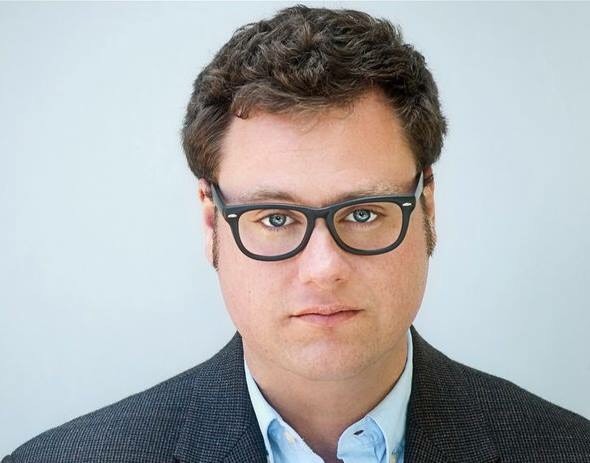[vc_single_image source=”featured_image” img_size=”full”]
My name’s Jed Moran, and I’m an addict. I’m forty-years-old. I came here four months ago, broken. In the last few years alone it’s been: three medical flatlines from fentanyl (a flatline means dead by the way), two meth-induced heart attacks, five meth-induced seizures, countless ODs, ten-plus treatments, a couple stints in jail and for good measure, a couple trips to the psych ward. But most devastatingly by far: I had no relationships. All I had was an addiction. Sure, my family still loved me deeply, and a few friends still cared. But I felt like a burden to them. I was a taker, a sponge, a monster, a threat, a liability, an accident, just waiting to violently happen.
The repercussions of my addiction started when I began getting arrested at sixteen. It got horrific within a few years, and I went to my first treatment center by nineteen. twenty years and over twenty treatments later, I’m here at BTS. Hopefully, I’ve saved the best treatment for last.
I was actually able to stay sober for almost seven years from 2006 – 2013, but it didn’t last. There were things I wasn’t ready, willing, or able to see or do. And, as a result, I went out. The last six years have been an in-and-out carousel of relapsing madness: crystal meth, heroin, and fentanyl – insanity, OD’s, and literal death. Thank G-d I found Beit T’Shuvah. And, thank G-d I did when I did. In just four months – and I’m not a guy who likes to throw around bubbly words like this, but – it’s been nothing short of a miracle. I don’t imagine where I would be without it.
But, my troubles started long before any drug-related trauma, long before I walked into the halls of BTS. It’s complicated, what makes an “addict” an “addict.” And, per my experience here, per the teachings of Harriet and Rabbi Mark and model and teams they’ve created, my whole perspective of what it means to be an “addict” has changed.
Before Beit T’Shuvah, I thought addiction could be understood as a trifecta of nature, nurture, and physical allergy. Here’s how I broke down my addiction:
Nature: I had generational genetic predispositions that affected my biological/psychological/social experience in life that made me prone to addiction. Mental illness exists on both sides of my family for generations. I’ve suffered from major depressive disorder, acute anxiety, and PTSD since childhood. My first thoughts as a child were of: fear, anxiety, depression, anger, insecurity, exclusion, etc.
Nurture: I had generational trauma on both sides of my family, making me prone towards addiction. My parents divorced when I was three. This shattered and fractured my family, my siblings, and myself. My parents loved us the best they could; I know that. Mom and Pops are awesome! Nonetheless, just like the nature side, this informed those same first thoughts of fear, anxiety, depression and anger.
Physical Allergy: In the first edition of Alcoholics Anonymous, Dr. Silkworth states that for an alcoholic, “the action of alcohol is a manifestation of an allergy; that the phenomenon of craving is limited to this class and never occurs in the average temperate drinker. These allergic types can never safely use alcohol in any form at all.” Sadly, both my grandfathers were alcoholics. My older brother is a recovering drug addict. I’ve been addicted to drugs and alcohol since I was thirteen. And, although it might not be the most scientific approach, the twelve-step community embraces this “allergy” definition wholeheartedly and applies it to all substances, even many behaviors as well.
Today, the above trifecta of information that I used to define myself and my alcoholism/addiction seems meaningless. It hasn’t served me. And, there’s a ton of loopholes. After hearing the stories and teachings of Harriet and Rabbi Mark, I realized something: they heard a call and made a decision to follow it. I believe an “addict” or an “alcoholic” or any being that suffers is simply a person who, if they listen, really listen, has the profound opportunity to see that they’ve been called by G-d to come home. I see now, that through my pain, G-d’s been calling me my whole life. And today, I’m making that decision not only to hear the call, but to take the action to be embraced, welcomed, and stay within that home. Thank you Beit T’Shuvah for bringing me home.
